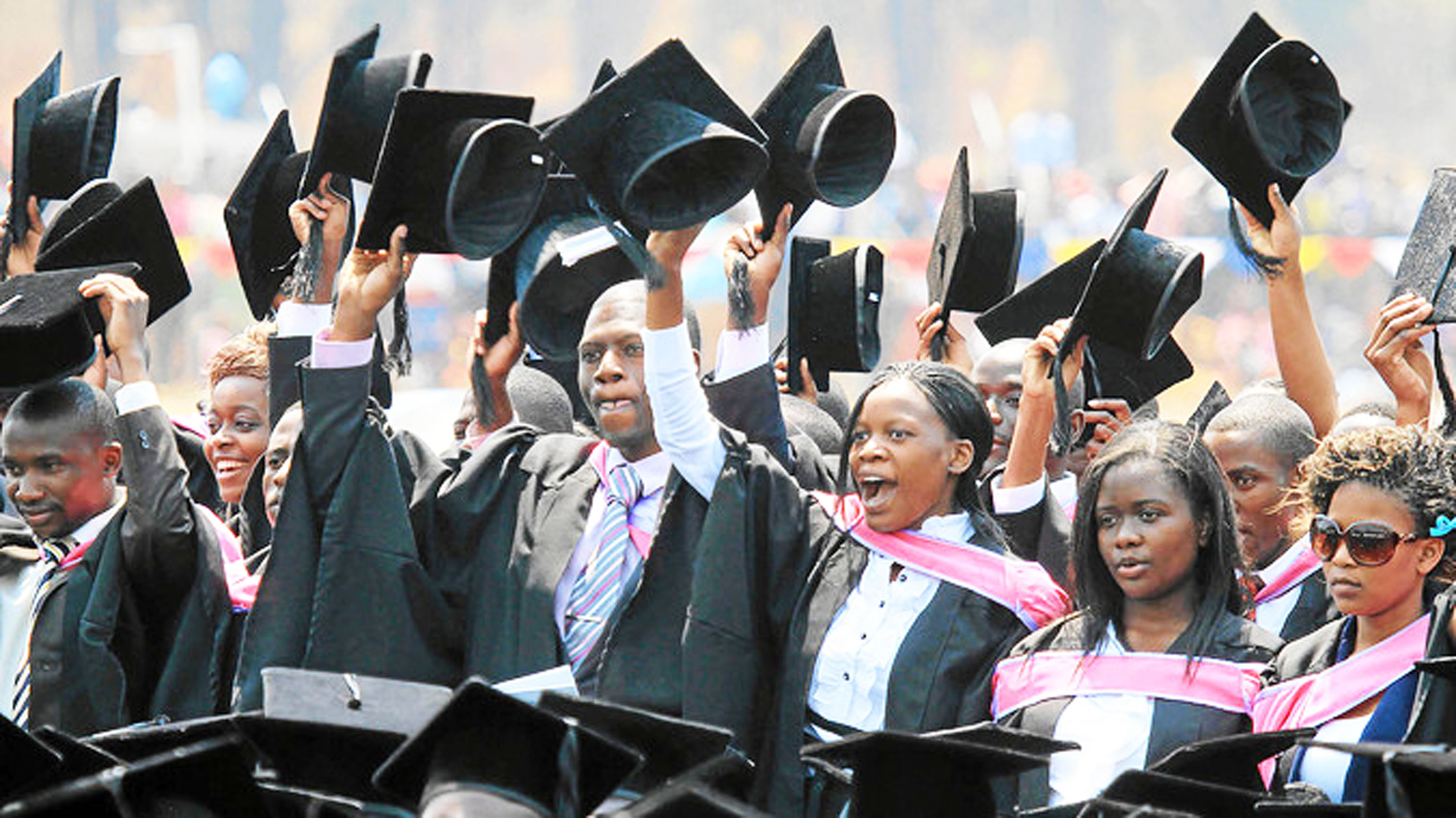
Today, an in-depth and lengthy conversation with a friend made me bring this article forward which I had initially diarised for a later date. In this conversation my friend narrated his frustration with finding suitable local writers for his technology blog.
I was told of how my friend has been receiving utterly disappointing responses to a sustained call for applications over a period of at least a year. What he has been getting out of the interview process are poorly written English article samples with an utter lack of simple analytical skills. As a result, at least a year later, he is yet to find suitable writers who fit the bill.
Frankly, his predicament has not taken me by surprise. Having left Zimbabwe’s flagship University a couple of years after the turn of the century and returning in the last year to further my studies, I couldn’t help but notice a worrisome dearth myself of critical thinking among the general student body.
Students increasingly refusing to think for themselves
The first duty of a man is to think for himself
― José Martí
I realized that an overwhelming number of students are focused on passing exams more than they are interested in in-depth debate and knowledge acquisition. The phenomenon is so widespread that I find few students are willing to venture out and expand on areas taught if it has no examination benefit.
This is radically different from at least my earlier days when students went out of their way to seek out Mr Bruce Wharton, who eventually became the United States Ambassador to Zimbabwe, so they could debate him on America’s foreign policy and role in the world, for example.
It is also materially different from those earlier years when the lecturer openly told you it was okay to disagree with her and it had no bearing on your final marks.
Gaming the system
An overwhelming number of students are prepared to game the system in some cases with the help of the educator. In College and University circles in Zimbabwe, there is student lingo referring to other students’ written work as chitunha or the corpse.
Students openly speak with pride about resurrecting chitunha. This essentially means going into the archives and dusting off someone else’s assignment or corpse and making it yours perhaps with a bit of changing the words here and there and so on.
Students do this for presentations and even main projects or dissertations. Many institutions are battling this problem using sophisticated proprietary academic software. Most worrying is that cheating and gaming the education system is starting unprecedentedly early even at ordinary level((The Herald – Exam cheats convicted)).
What got us here
It’s a natural and important question to ask how we got here.
There may be no straight forward answer and we may never have all the answers. I do think however that the emergence of a highly patronized society has contributed to this situation.
Dwindling opportunities were the cake is small inevitably robs society of its ability to think independently. There are no prizes for guessing that the national cake has badly shrank.
People begin to tow the line in their thinking in order to get hold of limited opportunities. What matters most becomes getting hold of a paper, even though the head is half filled, in the form of a certificate in order to land a position or complete a degree.
Getting distinctions so as to get a scholarship to study abroad becomes a priority than to debate with the educator, oppose his or her views.
Employers feeling the impact
Employers are obviously at the receiving end as my friend’s story shows.
I think as Zimbabweans we are largely still holding on to a shadow of a by-gone era of shining education without realizing that this is quite possibly no longer the case. We are churning out hundreds of thousands of graduates each year who have little or no capacity to critically think about issues. This is really a disaster if you ask me.
These kind of graduates become fish out of water when they can no longer fall back on heart knowledge. Memorised learning is designed for nothing else but to pass exams and won’t count when faced with many moving parts in situations or environments demanding analytical skills.
The cost to the private sector and government as employers may be not that apparent in the immediate but very high through bad decision making. Employees in decision making positions that cannot critically think inevitably cost the business or society money. On the job training is an apparent associated cost in an attempt to realign such employees.
I think our Ministry of Higher and Tertiary Education mission statement should be deliberate about producing critical thinkers as compared to the current publicized mission which says to “provide an effective system for the production of patriotic and competent high level manpower…”((Ministry of High and Tertiary Education, Science and Technology Development Website)).
Great families, communities and nations are built on critical thinkers who constantly revisit and reevaluate certain individually or collectively held assumptions.
Employers will have to put less weight on paper results and devise more sophisticated ways to sniff-out vacant heads who nonetheless posses glowing papers.
In my eyes, Zimbabwe’s graduates for the most part are no longer the same as those from 10 to 15 years ago.